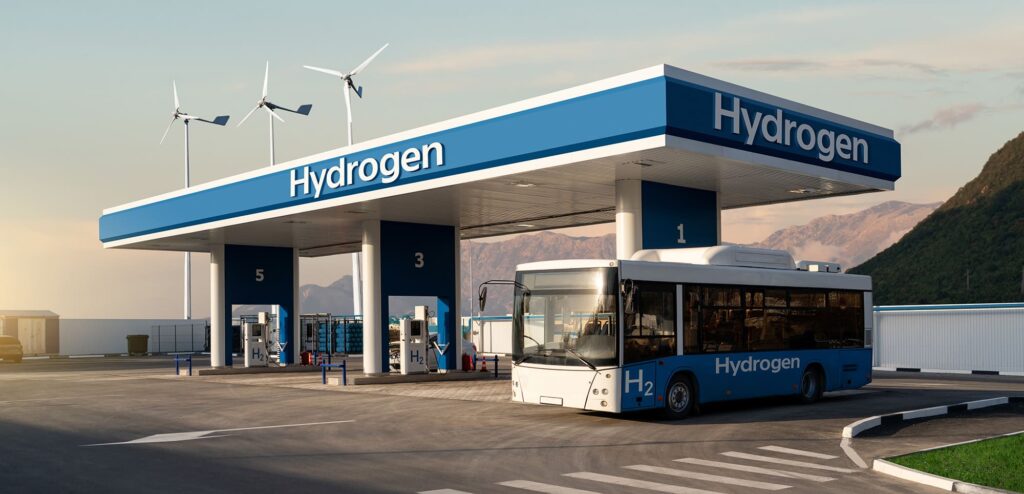The intersection of Big Data and AI in mobility

As we stride into the era of smart cities, data is the new oil, powering unprecedented transformations in our transport systems. With the surge of Big Data and Artificial Intelligence (AI), we’re not just enhancing mobility but revolutionising it.
From predicting traffic patterns and optimising routes to improving safety measures and sustainability practices, AI and machine learning are taking the wheel. Yet, navigating this data-driven landscape comes with its own challenges – data management, privacy concerns, ethical considerations, to name a few.
At VTM, we’re passionately involved in harnessing the potential of Big Data and AI to shape the future of mobility, while responsibly addressing the hurdles that come along.
Latest news
All news
Key challenges to widespread adoption of clean hydrogen in urban mobility: a chicken-and-egg problem?
This is the third article of a trilogy about the application of hydrogen technologies in transport. The first one and the second one are still accessible on our website. Our previous article briefly introduces the tech under the hood of fuel cell vehicles (FCV) and their main advantages over battery electric vehicles (BEV). Depending […]

Micromobility, mandatory insurance, and the case of pedelecs: between European law and the Portuguese transposition
The rapid surge in the use of electric vehicles — notably e-scooters, cargo bikes, and pedal-assist bicycles (pedelecs), among other forms of micromobility — has introduced new challenges in the realm of road safety. In response to this evolving landscape, the European Union (EU) introduced regulatory measures aimed at safeguarding users through mandatory third-party liability […]
